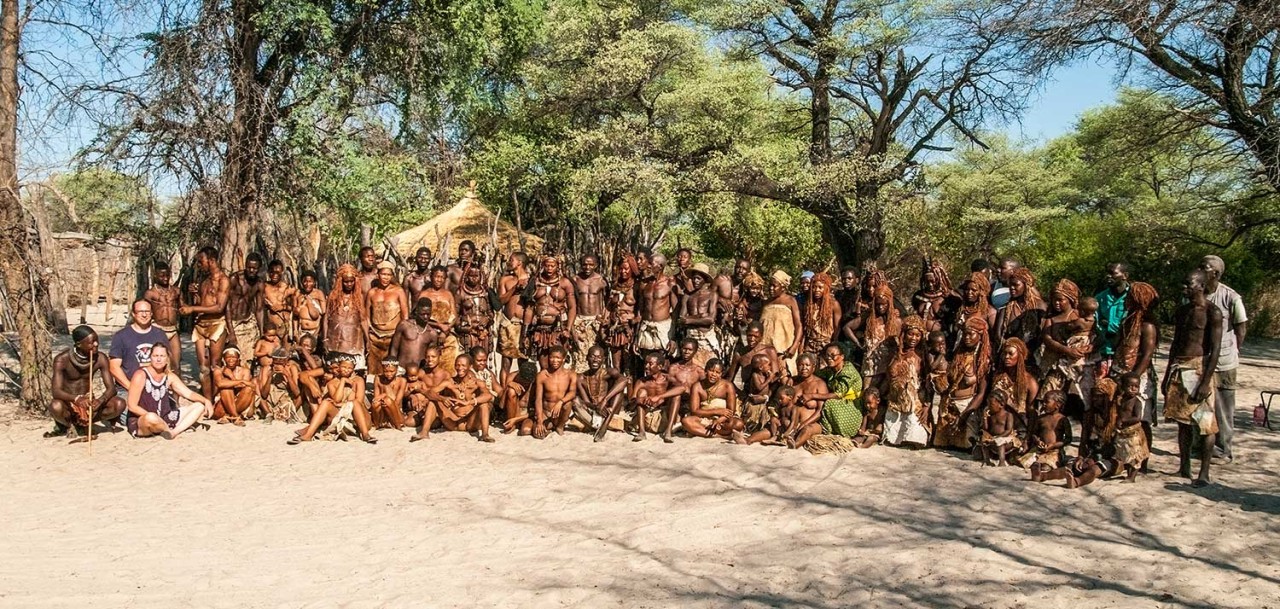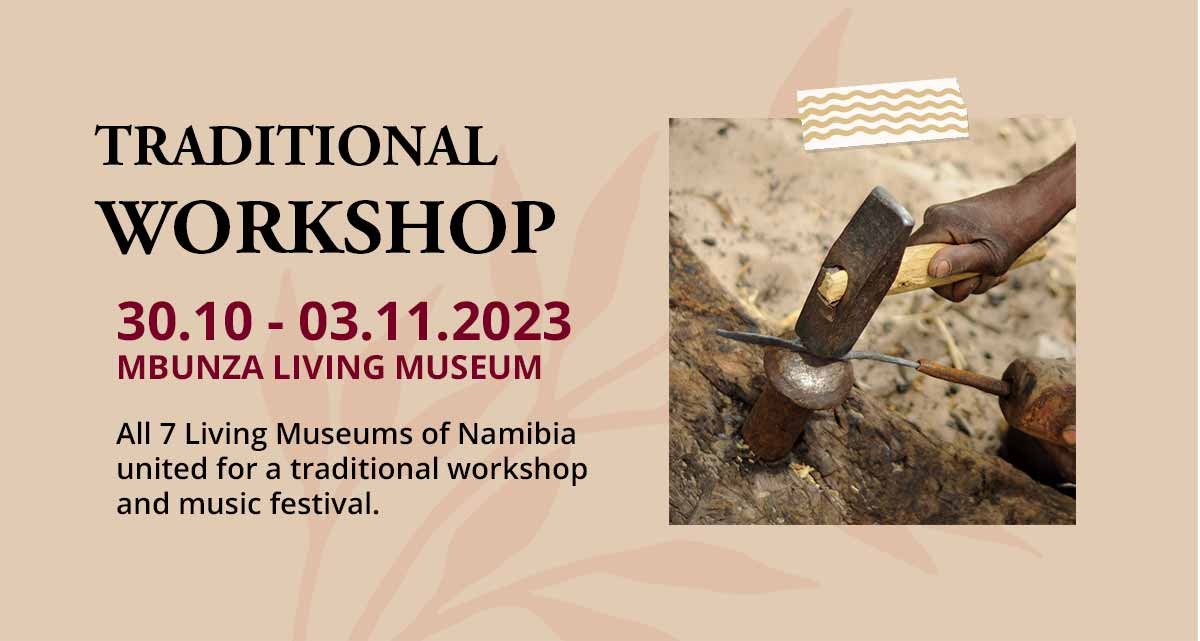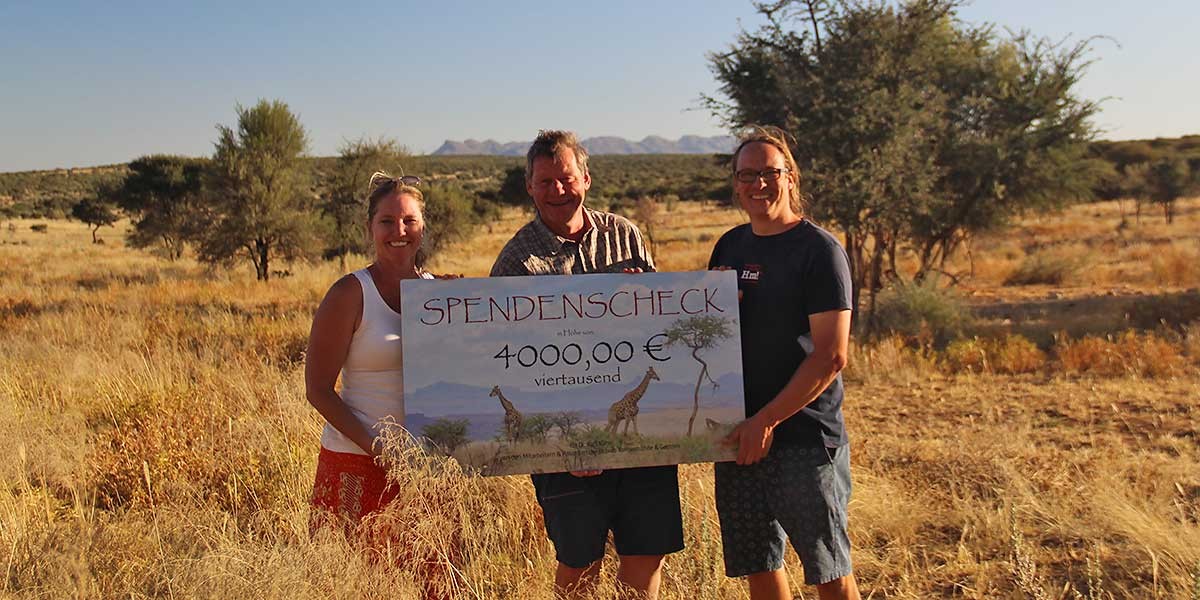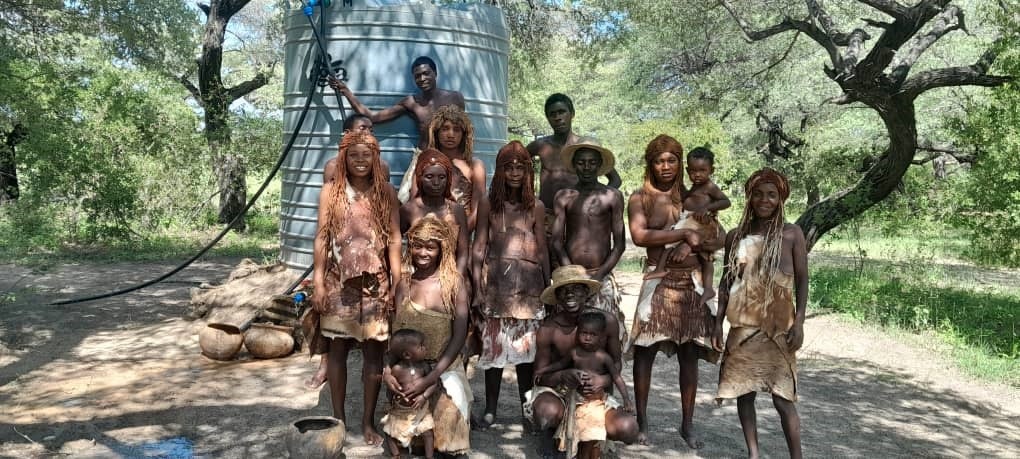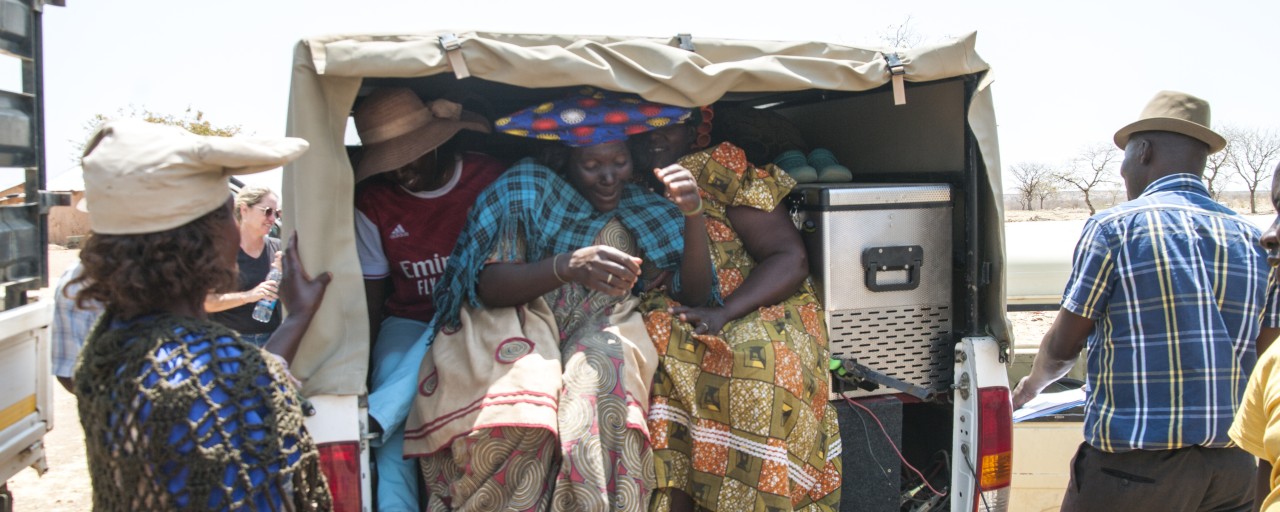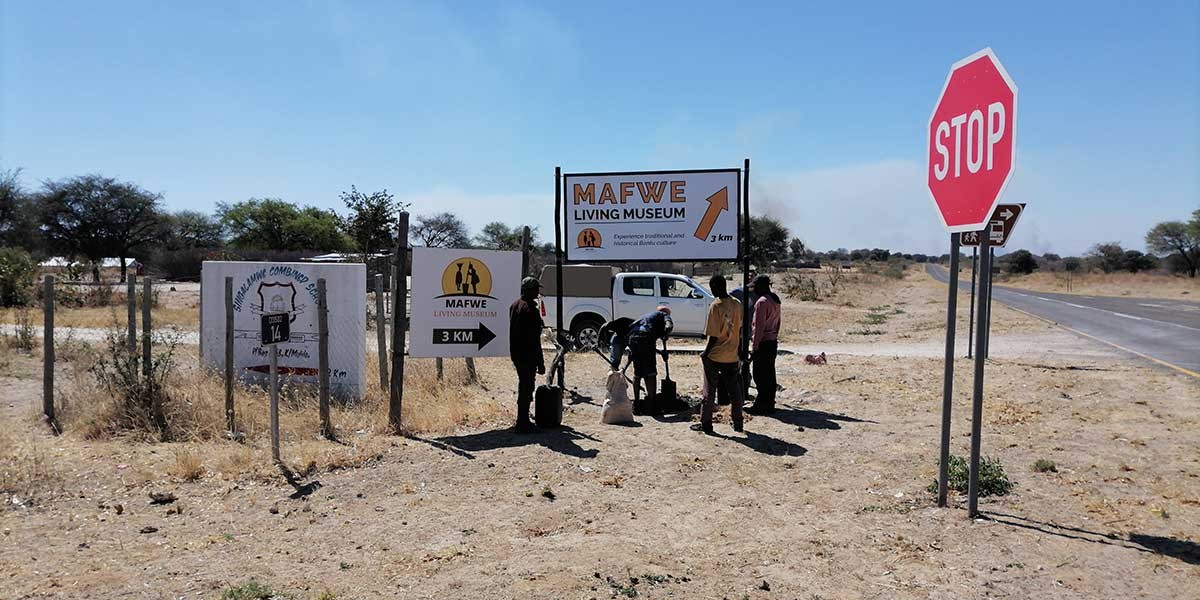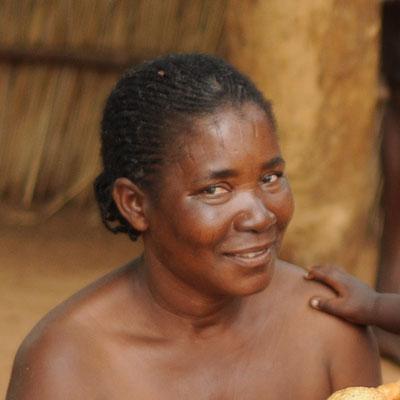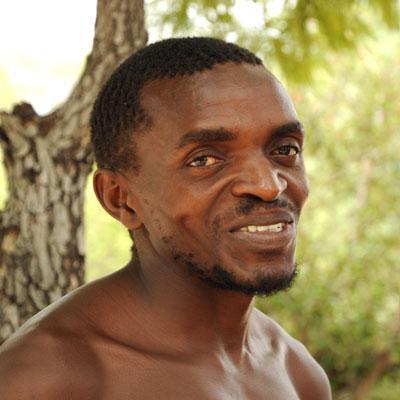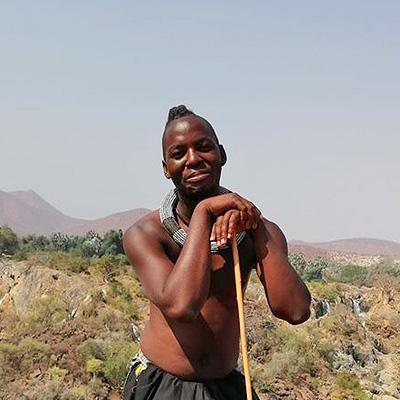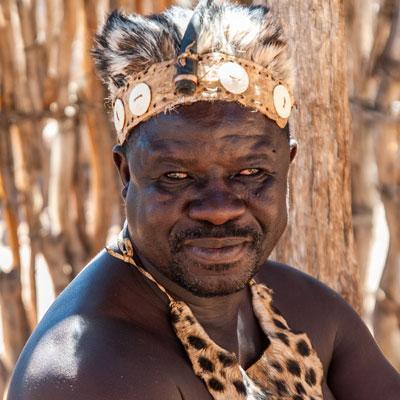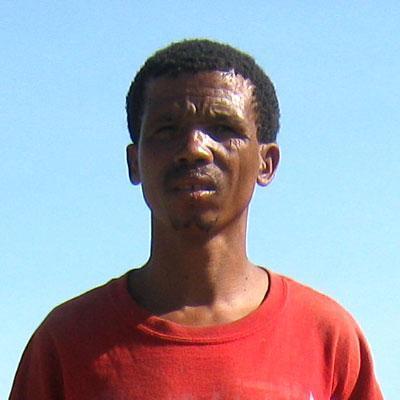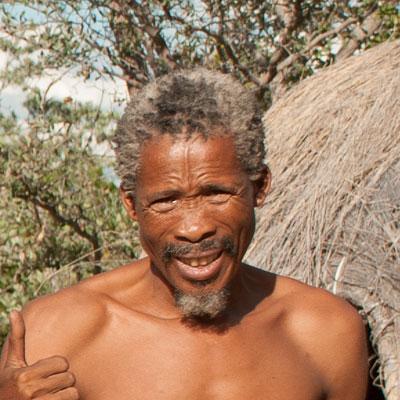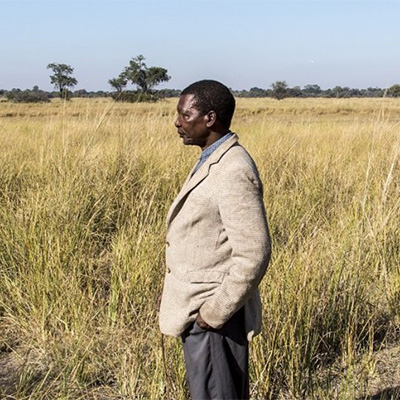The LCFN and the Millenium Development Project
The international development industry and the United Nations Development Project are working towards an ideological aim, the Millenium Development Goals (MDGs). Allthough the LCFN is independent and not working together with governmental or international organisations, some of the MDGs could come closer to realization through the work of the LCFN in Namibia.
Following MDGs are relevant for the Living Museusm concept
Eradication of extreme poverty and hunger (1):
This is reached through the creation of new sources of income. This strengthens local resources and the local economy. Through this development the realisation of the following MDG’s are indirectly supported:
Promotion of gender equality and empowerment of women (3):
Women are carriers of traditional cultures and mediate between generations. Through the understanding of the cultural origin the role of the women gains a bigger importance. Through the strengthening of local, self-managed economy equality of genders can be reached more easily than through the present labour policies in Namibia, like for example by sending male work forces from rural areas into towns.
Reduction of child mortality (4) & Improvement of maternal health (5):
Through a higher income and an improved supply of water, nourishment and medication the general support for mothers increases. This also applies to rural areas, which usually don’t profit from economic developments. This leads to a decrease in child mortality for infants. Due to the better possibilities of resource use, especially with regards to nourishment and water, the child mortality in general will be reduced.
Ensuring environmental sustainability (7):
The authentic presentation of traditional cultures creates an awareness that a project and a finacially successful undertaking can be established by using exlusively natural resources. With the occupation with the cultural traditions and the understanding of the cultural origin an awareness for the importance of natural resources is created. This contributes to the understanding of importance environmental sustainability.
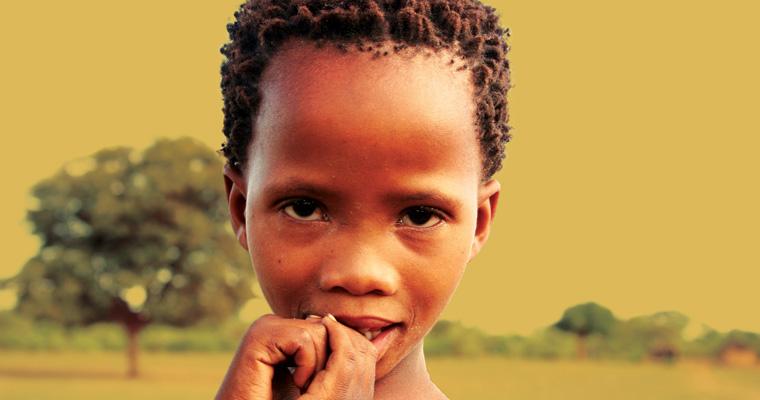 Better future for Young and Old
Better future for Young and Old











